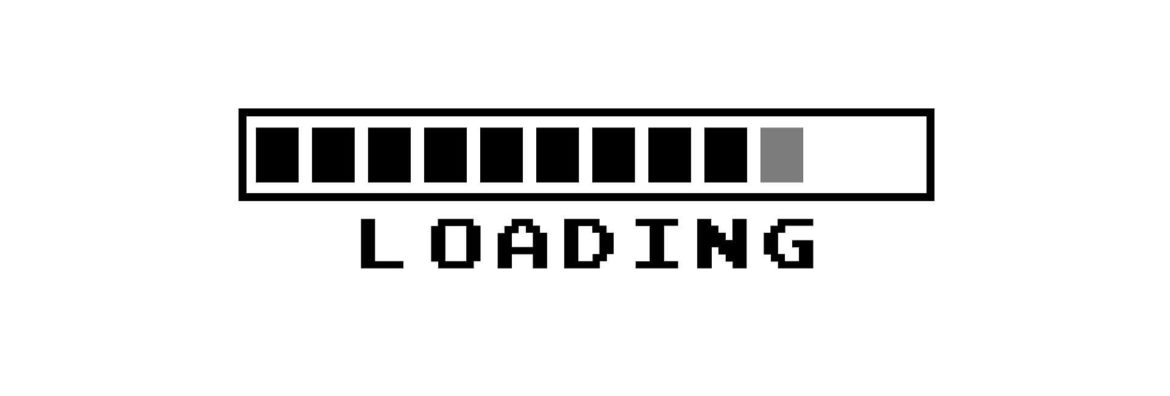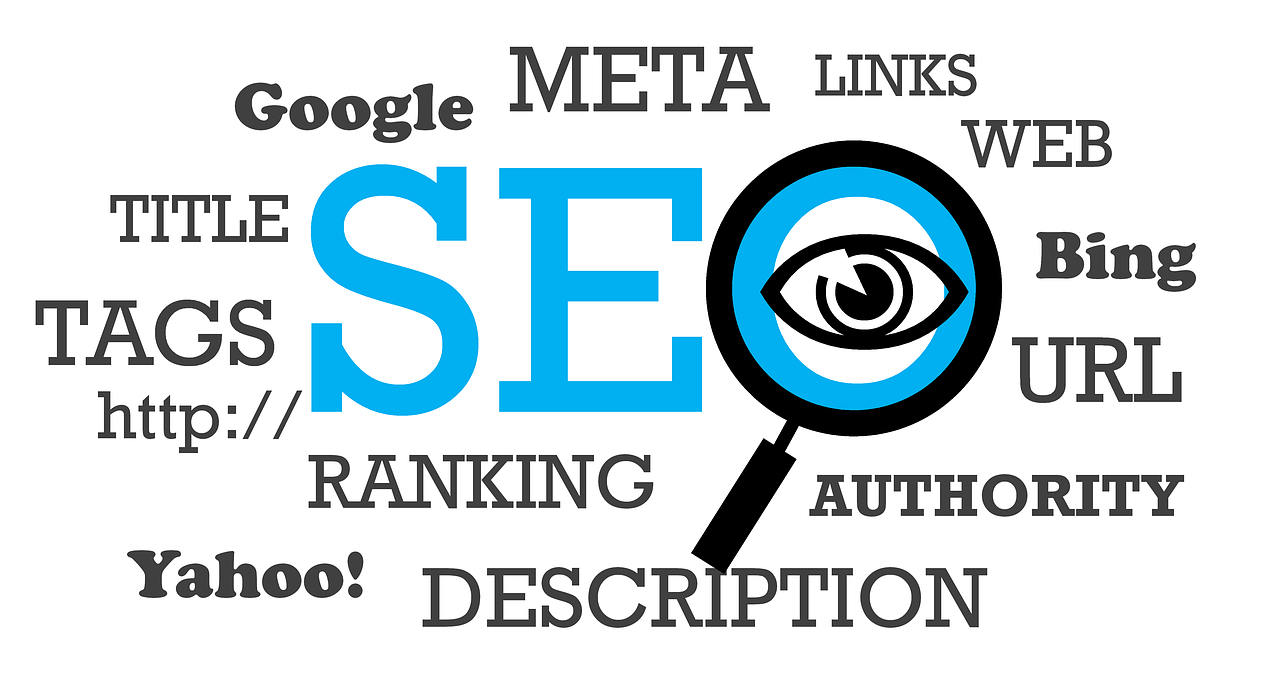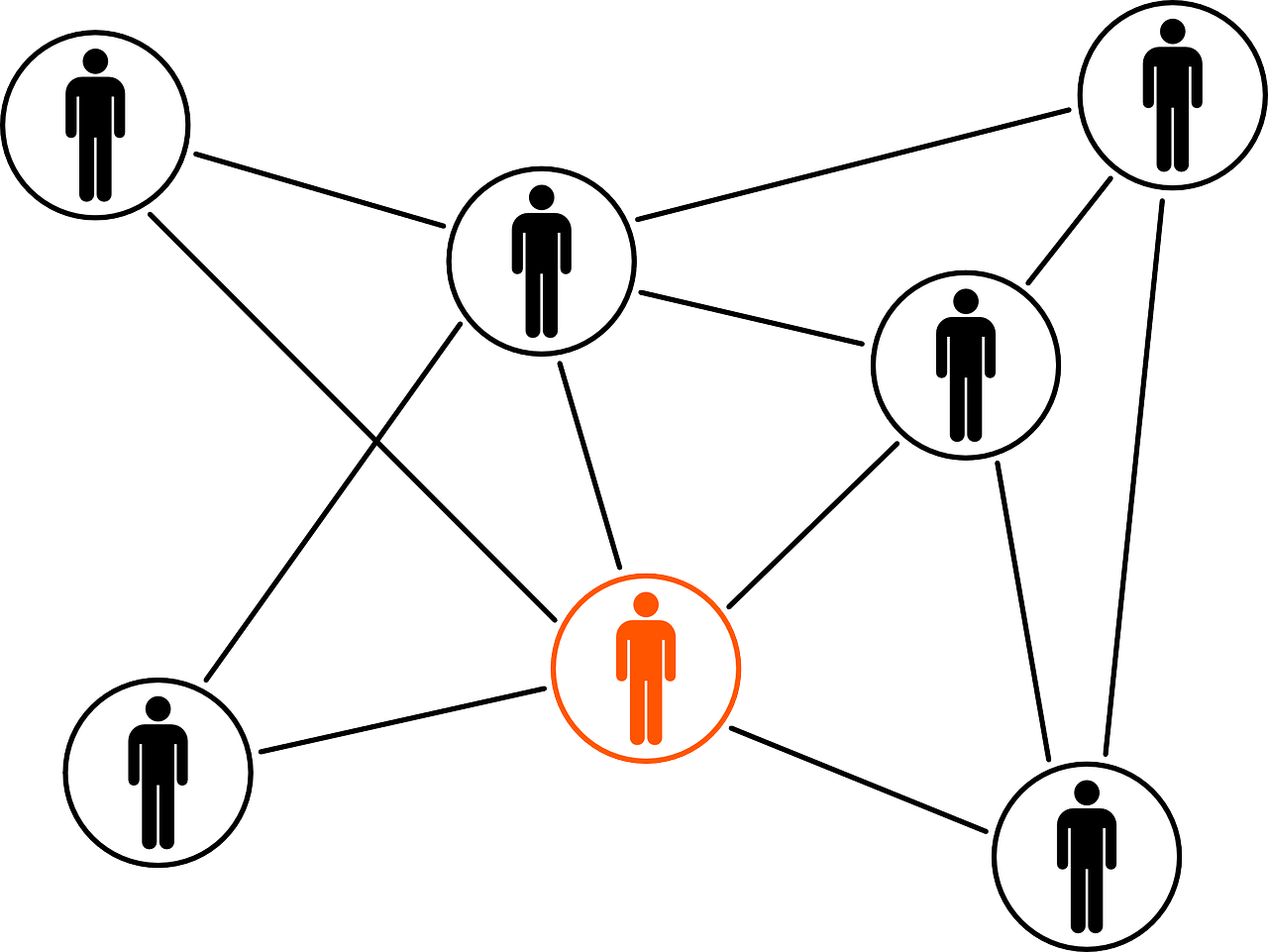Actionable SEO techniques that will boost your ROI
Statistics show that 75% of searchers would never scroll past the first page in the SERPs. This is why you cannot afford to appear on the second, third or, god forbid, the tenth page on a Google search. Simply put, you would waste your time, effort, and money on an SEO strategy that doesn’t work.
With this in mind, we’ve made a list of tips and SEO techniques that will help you boost your SEO efforts and maximize your ROI.
Enhance your engagement rates
Research emphasizes that there is a strong correlation between bounce rates and Google rankings. And, that’s logical. High bounce rates tell Google that your site isn’t quality or relevant enough to its users. So, why would it want to rank it high? This is why engaging your visitors is critical and here are a few strategies you may like to try:
- Make your content easy-to-digest. Use bulleted points, divide your posts into smaller paragraphs, add subheads, and write shorter and to-the-point sentences.
- Add visual elements to your content to make it easier to follow.
- Use the inverted pyramid writing technique, where you would discuss the most relevant issues at the top of the article.
- Minimize your bounce rate. One of the major reasons why people leave your site is a bad user experience. This is why you need to do A/B testing of your web pages and see how certain changes, such as the position of the navigation bar or the color of your CTA button, can impact user experience.
Boost your site speed

For years, Google has been telling us that we need to make our sites faster. They even made site speed one of their major ranking factors. Not to mention the launch of the PageSpeed tool, the Accelerated Mobile Pages (AMP) project, Think with Google and similar initiatives used to improve website responsiveness.
However, rankings are not the only reason why you should speed up your site. You should do that for your visitors. Statistics say that the majority of users expect a site to load in less than 2 seconds. And, if it takes more than 3 seconds to launch, they will leave it and never come back.
This is why you should:
- Compress your images.
- Leverage browser caching to reduce bandwidth usage.
- Use CDN–a network of servers that are scattered all across the globe. So, when a user lands on your site, they’re sent to the server closest to their physical location.
- Take advantage of lazy loading, meaning that your images will load as a user scrolls the page.
- Use Google AMP to make your site impressively fast and fully responsive.
Build context around your keywords
Google is getting smarter constantly and its main aim is to understand its users’ intentions, needs, what they are searching for, and how they are doing so. That’s why you shouldn’t expect to rank high just because you’ve added a few keywords to your posts. Instead, you need to create a story, a context around them.
- Segment your target audience to understand their age, location, preferences, education and what form of content resonates with them.
- Classify your content into themes, based on your target audience. For example, if you’re running an SEO blog, then you may have a few types of readers- rookie marketers, influential SEO experts that want to share your tips with their audiences, and SMBs that want to use SEO to boost their online presence. Creating topics for each group will make your content more relevant and reader-friendly.
- Do a keyword research. Use Google search to get your initial ideas. Sites like Reddit and Wikipedia can also help you find untapped keywords and topics. Of course, to make the most out of this process, you can use keyword research tools like Moz’s Keyword Explorer, SEMrush, or Ahrefs.
Harmonize SEO and PPC

The majority of SEO-related resources focus on explaining the difference between SEO and PPC. But, they fail to mention that, merging these practices together is basically the only way to maximize your rankings, traffic, and conversions. Building a solid PPC campaign grants you visibility and serves as a strong lead generation medium.
Here is how SEO and PPC teams can work together:
- Sharing keyword data to create consistent messages that reflect your brand identity.
- Setting shared goals and using the same KPIs to collect better insights and boost the accuracy of their campaigns.
- Optimizing landing pages. SEO specialists can tell their PPC colleagues a lot about the target audience’s problems, behavior, and demands. They would later use this information to create highly targeted paid ads and serve them to the most qualified leads only.
- Sharing seasonality information to boost brand awareness and offer relevant content during the seasonal changes.
Create longer content
According to Backlinko’s study, 2000-word posts can improve your rankings and get you to the first page in the SEPRs. Why is this so? First, such exhaustive content is highly informative. Second, it increases your authority and shows that you know what you’re talking about. Third, it is impressive and simply inspires people to share it.
Of course, writing 2000+ words a few times a week may be too much for you. In this case, you could find your older, well-performing content that has less than 2000 word and simply update it. This is also a great chance to link to your younger blog posts and boost their discoverability. Finally, you can even merge several small and yet topically related articles into one comprehensive guide.
Refurbishing old content is a powerful way to maintain content relevancy.
Build and earn high-quality links

Link building is still one of the most important practices that can significantly boost your site’s traffic and increase your ROI. However, as Google’s algorithms have evolved, writing 500-word articles and publishing them on suspicious sites can only hurt your rankings and even get you penalized.
This is why you need to have a solid link prospecting strategy. You need to see whether the site is relevant enough to your target audience, as well as check its DA, PA, traffic, engagement rates, and conversions. Publishing on reputable sites boosts your authority, too.
Apart from some traditional methods of building links, such as guest posting, reciprocal link building or broken link building, you should also focus on influencer marketing and creating high-quality content that will earn backlinks on its own.
Over to you
Sure, none of these rules is carved in stone. SEO is a highly turbulent ecosystem that is changing and evolving tremendously fast. To give your site the edge on your competition and boost your ROI, you will need to keep pace with the hottest industry trends and adapt to them quickly. However, should you struggle to do so due to time or resource constraints, it may not be a bad idea to consider contacting an SEO agency to help boost your SEO performance.
